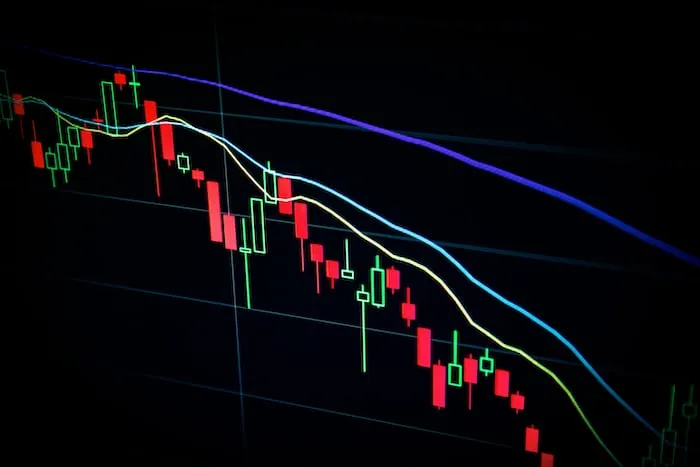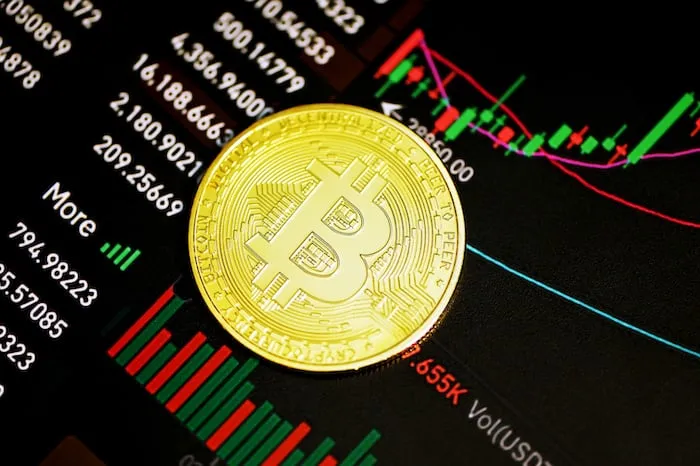Why did the Bitcoin market get a quick price rush?
Bitcoin, the progressive cryptographic money that caught the world's consideration, has encountered a critical decrease in esteem lately. Subsequent to arriving at remarkable highs, Bitcoin's cost has been on a rollercoaster ride, leaving financial backers and devotees confused. To comprehend the explanations for this slump, it is critical to dive into the complex elements that have added to Bitcoin's fall. This article investigates different factors like administrative difficulties, market opinion, mechanical constraints, and macroeconomic circumstances, revealing insight into the intricate idea of Bitcoin's worth downfall.
Administrative Difficulties
One of the essential explanations behind Bitcoin's worth downfall is the rising investigation and administrative difficulties forced by states around the world. As Bitcoin acquired ubiquity and market capitalization, state run administrations perceived the requirement for administrative oversight. Concerns in regards to unlawful exercises, illegal tax avoidance, and tax avoidance related with cryptographic forms of money prompted expanded administrative measures. States executed severe guidelines, going from Hostile to Tax evasion (AML) and Know Your Client (KYC) prerequisites to tax collection arrangements.
Administrative activities have produced vulnerability and dread among financial backers, as the presentation of severe guidelines can influence Bitcoin's openness, liquidity, and by and large market feeling. Examples of administrative crackdowns, for example, China's restriction on digital currency exchanging and mining, impressively affect Bitcoin's worth, setting off market sell-offs and elevated instability.
Market Opinion and Financial backer Way of behaving
Market opinion assumes a vital part in deciding the worth of Bitcoin. The digital currency market is profoundly speculative and defenseless to the brain research of financial backers. At the point when the market feeling turns pessimistic because of variables like administrative vulnerability, security concerns, or pessimistic media inclusion, it can prompt a mass departure of financial backers, bringing about a decrease in Bitcoin's worth.
The media's depiction of Bitcoin's unpredictability and relationship with crimes can likewise fundamentally impact public insight. Negative news can make alarm among financial backers, inciting them to sell their property and worsening the descending strain on Bitcoin's cost. Besides, the pervasiveness of speculative exchanging and the utilization of influence enhances cost swings, making Bitcoin more powerless against quick worth vacillations.
Innovative Limits
Bitcoin's mechanical restrictions have additionally added to its decrease in esteem. The versatility challenge of the Bitcoin organization, with its restricted exchange handling limit, has become progressively evident as reception has developed. Network clog and rising exchange charges have hosed the reasonableness of involving Bitcoin as a vehicle of trade, subsequently influencing its incentive.
Also, the energy-concentrated nature of Bitcoin mining has confronted analysis because of its ecological effect. Worries about the carbon impression related with Bitcoin mining have prompted calls for greener other options and brought up issues about the drawn out maintainability of the digital currency.
Macroeconomic Circumstances
Bitcoin's worth is likewise impacted by more extensive macroeconomic circumstances. Monetary factors, for example, loan fees, expansion, and international occasions can influence financial backer feeling towards Bitcoin. During times of financial vulnerability, customary place of refuge resources like gold frequently experience expanded request, while more dangerous resources like Bitcoin might confront selling pressure. The worldwide Coronavirus pandemic, for example, made financial unsteadiness, provoking financial backers to look for shelter in additional customary resources.
Moreover, government money related arrangements, like quantitative facilitating or fixing, can impact the worth of Bitcoin. In the midst of free money related strategies, where national banks infuse liquidity into the economy, financial backers might go to elective resources like Bitcoin as a support against expansion. On the other hand, fixing financial strategies can diminish the interest for speculative resources like digital currencies, prompting a decrease in their worth.

Al last
The decrease in Bitcoin's worth is the consequence of a mix of elements. Administrative difficulties, including expanded investigation and crackdowns, have made vulnerability and affected market opinion. Financial backer way of behaving, affected by media inclusion and negative feeling, has additionally added to Bitcoin's fall. Innovative impediments, especially versatility issues and natural worries, have additionally impacted its offer. In conclusion, macroeconomic circumstances, including financial shakiness and money related approaches, have affected financial backer opinion towards Bitcoin.
Understanding the complicated interaction between these elements is urgent for fathoming Bitcoin's worth downfall. As the digital currency market keeps on developing, tending to these difficulties through superior guideline, innovative progressions, and expanded market development will be essential for Bitcoin's future strength and development.




